A series of posts featuring BU’s impact case studies for REF 2021. (These are edited versions of the final submissions – the full impact case studies will be published online in 2022.)
Developing character animation techniques to improve production practice in the animation sector and create economic impact on Humain Ltd
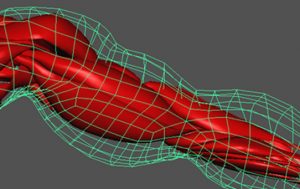
Research area: Computer Animation
Staff conducting research: Dr Shaojun Bian, Professor Lihua You, Professor Jian J. Zhang, Jon Macey
Background: Since 2008, BU researchers have been tackling the problem facing animation studios of producing high-quality virtual characters within a short time scale. BU developed two new techniques to improve skin deformation (the representation of skin and its transformations and movements); was a partner in a European Commission-funded project looking at geometric modelling, image processing and shape reconstruction; and worked with Humain Ltd to develop new techniques of facial blendshapes. The findings of the BU research team comprise:
Facial rigging tools
- Hybrid facial rigging tool. Integrates facial blendshapes and bone-driven facial animation to create various facial expressions easily and quickly.
- Automatic correspondences for deformation transfer. To tackle the problem of deformation transfer in manually specifying correspondences of facial landmarks, this achieves full automation and avoids manual operations.
- Machine learning-based 3D facial expression production. Combines a 3D face morphable model with machine learning to reuse existing datasets for reducing manual work in producing facial animation from a single image.
Skin deformation techniques
- Automatic rigging. Automates the process of placing a skeleton in a 3D character model and creates an animation skeleton in a few milliseconds.
- Analytical physics-based skin deformation. Obtains the first analytical solution to physics-based skin deformations to create the animation of a horse model with 10,128 vertices at 205 frames per second.
Character modelling methods
- Fast character modelling with sketch-based partial differential equation (PDE) surfaces. Enables a simple, easy-to-use, efficient, and sketch-based character modelling tool for fast creation of detailed character models.
- Character model creation with ordinary differential equation (ODE) based C2 continuous surfaces. Avoids tedious and time-consuming manual operations of existing techniques in stitching two separate patches together to achieve the required continuities, significantly reduce data size, and provide more flexible and powerful shape manipulation handles.
The impact:
Before developing the new techniques, getting a 3D virtual character into production took anything from a few days to a few months. The new techniques enabled Humain Ltd. to reduce the time frame for creating models with realistic facial expressions from 30 days to minutes, resulting in significant time and cost savings.
As well as saving time, BU’s new techniques helped make the company’s workload more streamlined and efficient. Producing high-quality 3D virtual character requires experts, modellers and animators from different disciplines to work together, and involves heavy and time-consuming manual operations in the production process. The new methods have been integrated into the company’s product offerings, transformed its facial development pipeline from a labour-intensive process by highly specialised artists to a simple command line interface everyone in the company can run.
Transforming Humain Ltd.’s ways of working changed its external reputation – the techniques developed by BU researchers at the company enabled them to work with world-leading organisations in the technology and entertainment industry, such as Activision and Google. They also contributed to the successful delivery of a £500,000 project to Microsoft and served as the basis for a successful application to the Audience of the Future Immersive Technology Investment Accelerator in 2019. Over the past three years, the company has worked on 16 different projects, generating revenue of more than £1 million.
Using economic modelling to inform UK airport expansion

Research areas: Economics and Econometrics
Staff conducting research: Professor Adam Blake, Dr Neelu Seetaram
Background: Economic impact research has evolved since the 1970s with the use of input-output models, although these typically estimated static economic impacts are limited in their applicability. Building on these earlier models, Professor Blake was one of the first to introduce computable general equilibrium models to tourism economics. More recent research at BU, in which Blake was instrumental, extended and enhanced economic impact modelling in the following ways:
- The inclusion of forward-looking dynamics in economic impact modelling of tourism, which takes techniques for applied dynamic economic models used in other contexts and adapts them for tourism impact modelling. The dynamic nature of these models allows the estimation of the economic impact that tourism has over time, while their forward-looking nature allows for the estimation of investment and other effects that will come about because of future demand.
- The inclusion of uncertainty and stochastic random effects in dynamic economic models of tourism allows the impacts of investment to be assessed based on uncertain anticipation about future tourism demand by allowing different growth paths to be modelled, giving the ability to estimate the effects of this uncertainty as well as of changes in the potential future growth paths.
- Demonstrating the importance of segmentation in econometric modelling of tourism demand, both in terms of tourists’ purpose of visit and country of origin and showing that models that do not include these effects are systematically biased.
The impact:
BU research was instrumental in the UK government’s 2018 decision to progress with building a third runway at Heathrow. The Airports Commission funded Professor Blake and Dr Seetaram to investigate the economic effects of various forms of future airport expansion in the UK. Building on Professor Blake’s previous use of economic modelling by purpose of visit and nationality, they constructed and used an econometric model of tourism demand into and out of the UK, with different estimations of elasticities based on mode of transport and destination (for UK outbound) or origin (for UK inbound). These estimates were then used to construct and test a spatial dynamic computable general equilibrium of the UK economy. The spatial element contained different regions of the UK, with the South East and the local areas around both Heathrow and Gatwick airports included as separate regions. The dynamic element followed the model methodology developed by Professor Blake.
The results from BU’s modelling formed part of the evidence base that led to the Airport Commission deciding to support a new runway at Heathrow instead of expansion of Gatwick or extension of the current Heathrow Northern runway. In June 2018, based on this recommendation, the government formally approved plans for the new runway at Heathrow. In the final announcement of this approval, the Secretary of State for Transport gave the wider economic benefits as one of the key benefits of the Heathrow expansion
Overall, BU’s development of a novel, robust economic modelling technique provided the Airports Commission and the UK government with a more accurate and detailed analysis of the airport expansion options than could otherwise have been obtained. This led to a much greater evidence base for the decision over airport expansion, and to more confidence within government about the option to be chosen. The modelling approach that was developed has expanded the capability of economic impact modelling to analyse the impact of proposed major investment projects in the future.



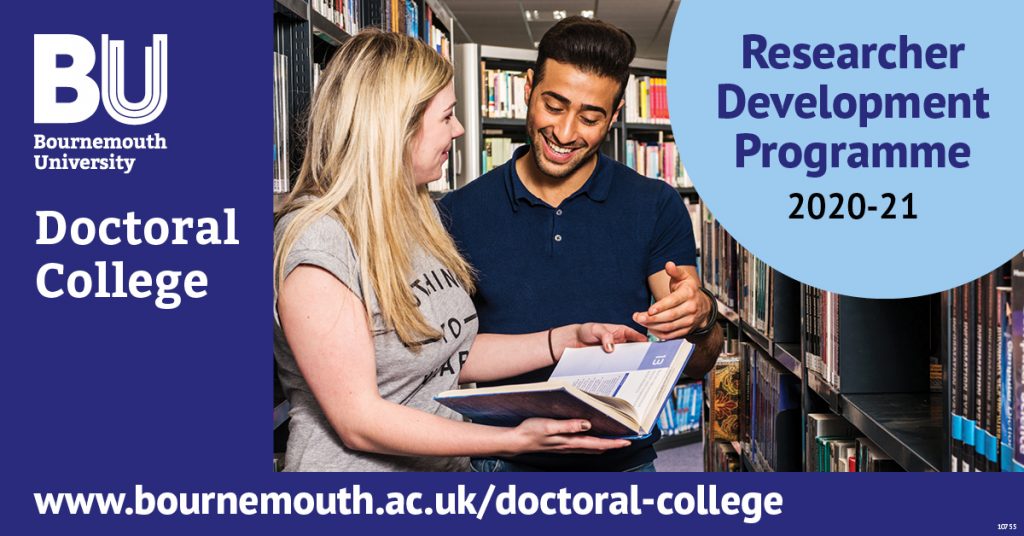

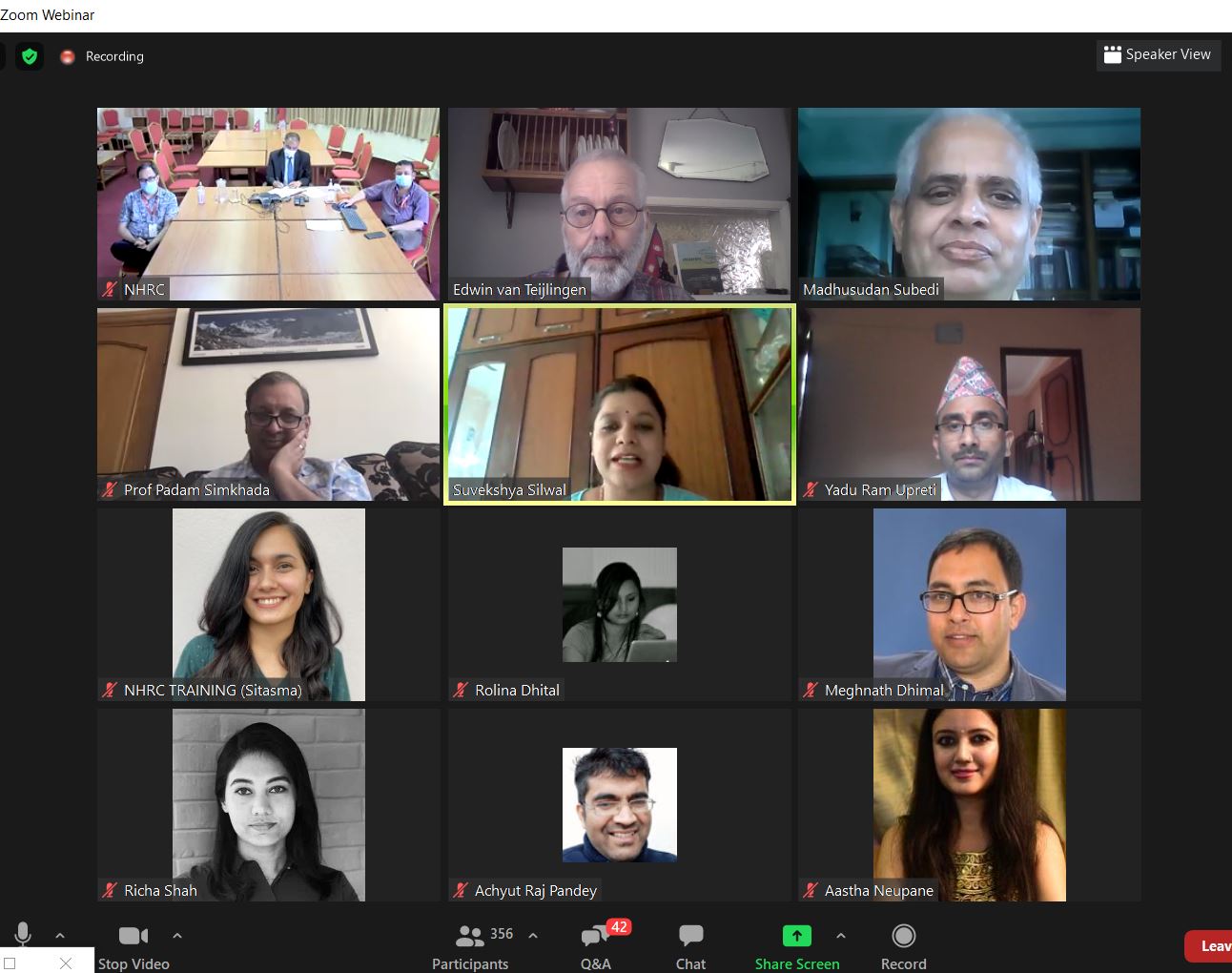



 Every BU academic has a
Every BU academic has a  By clicking on this box, on the left of the Research Blog home page just under the text ‘Funding Opportunities‘, you access a
By clicking on this box, on the left of the Research Blog home page just under the text ‘Funding Opportunities‘, you access a 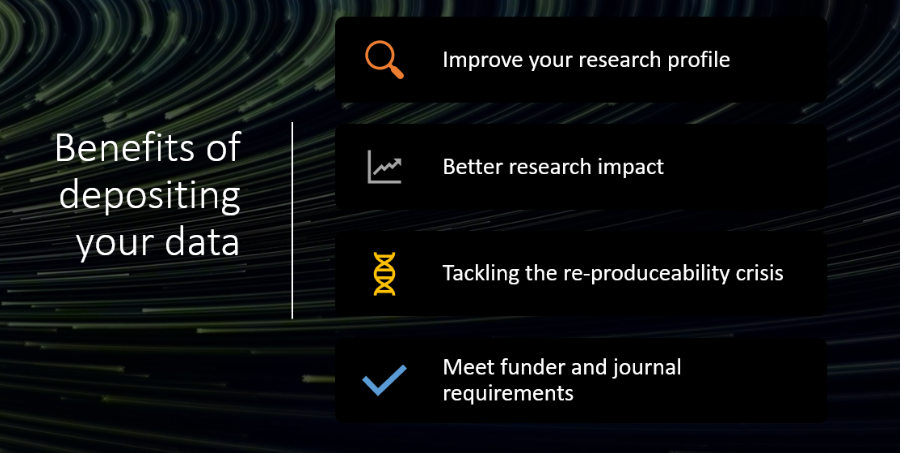
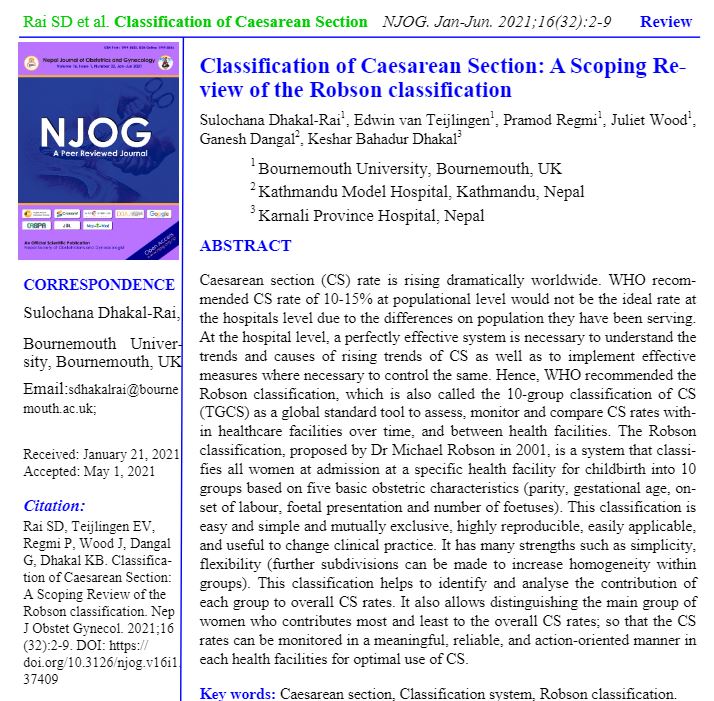

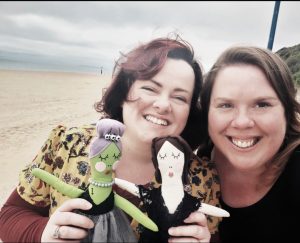

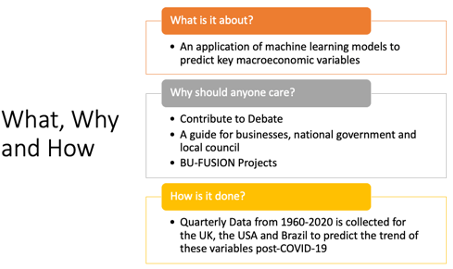
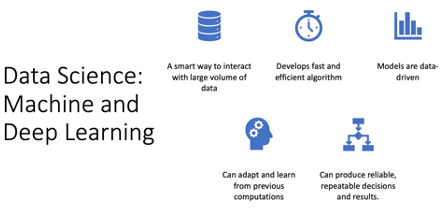


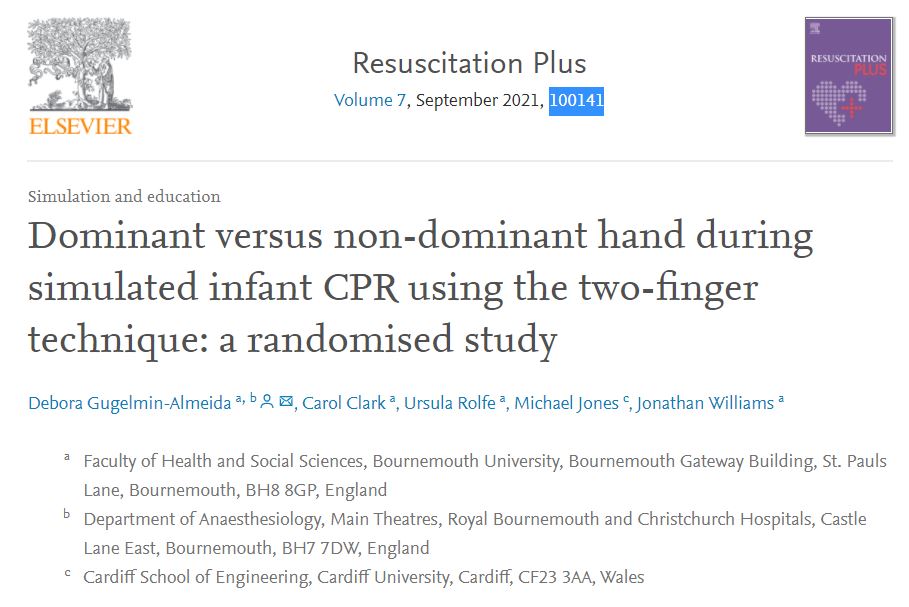

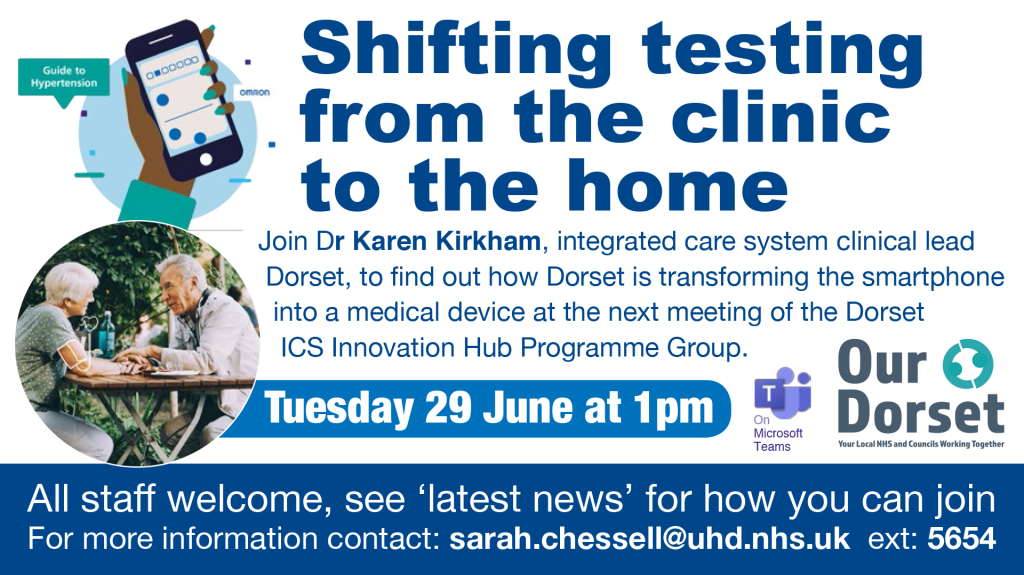











 Cybersecurity Learning through Game-Based Mechanisms
Cybersecurity Learning through Game-Based Mechanisms Nepal Study Days 2024
Nepal Study Days 2024 We can help promote your public engagement event or activity
We can help promote your public engagement event or activity Funded Public Engagement Opportunity – ESRC Festival of Social Science 2024 -Deadline for Applications Thursday 16 May
Funded Public Engagement Opportunity – ESRC Festival of Social Science 2024 -Deadline for Applications Thursday 16 May 1 WEEK REMAINING- Postgraduate Research Experience Survey (PRES) 2024
1 WEEK REMAINING- Postgraduate Research Experience Survey (PRES) 2024 MSCA Postdoctoral Fellowships 2024
MSCA Postdoctoral Fellowships 2024 Horizon Europe News – December 2023
Horizon Europe News – December 2023